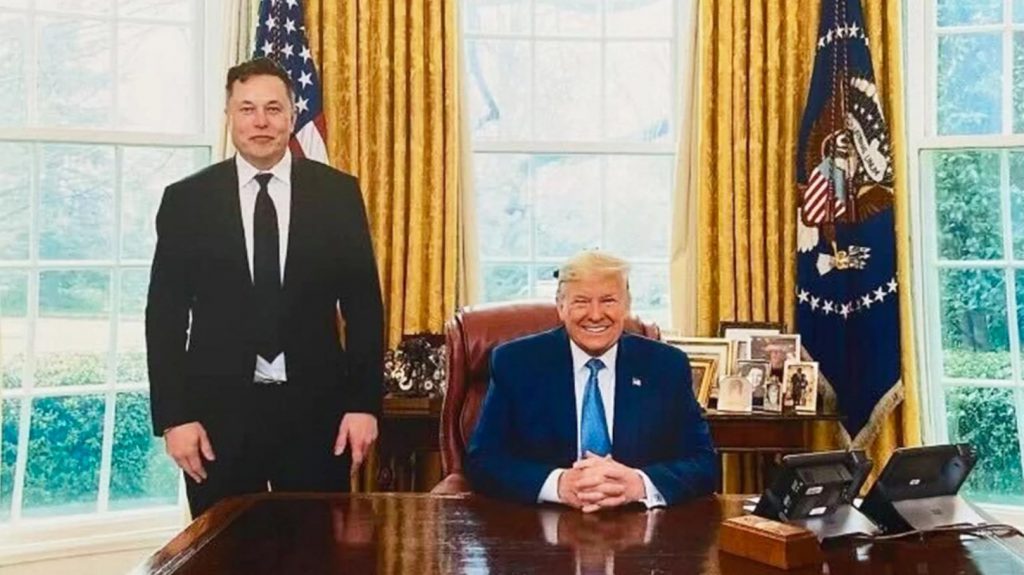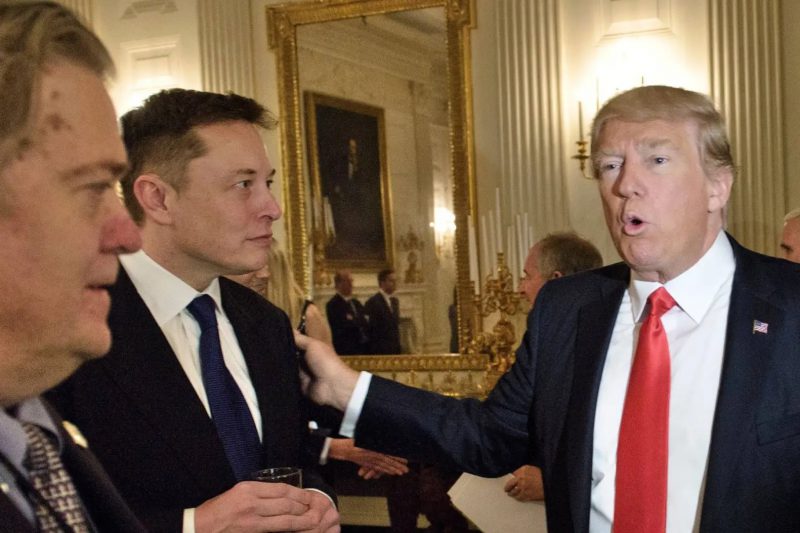Following the recent discussions between the two, Elon Musk is set to lead Donald Trump’s Department of Government Efficiency Commission (D.O.G.E.). Earlier this year, the 45th President discussed a position within his administration for the Tesla CEO. In response, Musk said he was “willing to serve.”
Now, it appears as though that plan is moving ahead. At a recent appearance, Trump noted that he would “create a Government Efficiency Commission tasked with conducting a complete financial and performance audit of the entire federal government.”
Also Read: Donald Trump Promises Plan to Make US the World’s ‘Crypto Capital’
Trump Appoints Musk to Newly Created Commission
During his bid for reelection, Donald Trump has been vocal about an impending shift for the United States. He has been outspoken regarding his belief in cryptocurrencies. Moreover, he has established a clear vision for those assets to be integrated into the government’s dealings.
Now, he is set to address federal spending concerns, and he has appointed quite the man to head the charge. Indeed, Elon Musk has been announced to lead Trump’s newly developed Government Efficiency Commission. The department will audit the entire government. Moreover, it will be tasked with “making recommendations for drastic reforms.”


Also Read: Trump’s DeFiant Ones Crypto Venture: Game-Changer or Risky Bet?
According to a Reuters report, Trump has been discussing government efficiency concerns with aides for several weeks. Yet, Thursday marks his first public statement regarding the issue. Additionally, it lays out a clear position for Musk in Trump’s administration, should he win the 2024 election in November.
He had previously discussed Musk for an advisor role. Now, he is set to lead this new initiative, after Trump assured the X (formerly Twitter) head has agreed to take on the position.
The department will seek to eliminate “fraud and improper payments,” in its first six months. Its presence could have a monumental impact on the ongoing federal spending crisis that drove US debt to $35 trillion in 2024.





